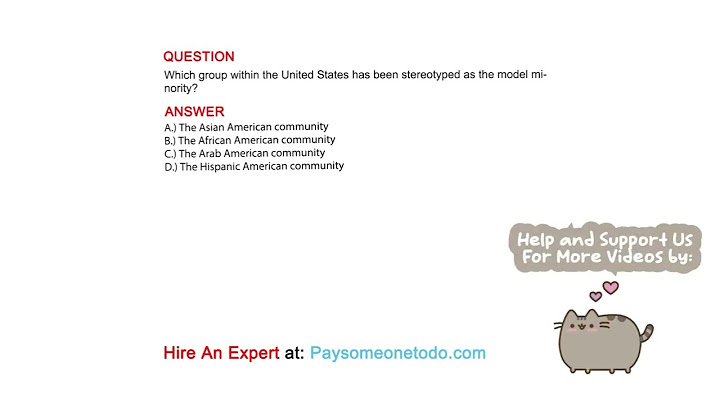focusNode Show Didn't know it? Knew it?  Embed Code - If you would like this activity on your web page, copy the script below and paste it into
your web page.
What is the name of a group formed to achieve a goal?A coalition is a group formed when two or more people or groups temporarily work together to achieve a common goal.
What is the largest and most complex group in sociology?The largest and most complex group that sociologists study is society (people who share a culture and a territory). Because of what appears to be a “natural” need for human kind to share culture, territory, and to seek significant others, societies developed.
What is the largest and most complex type of group?Societies are the largest and most complex groups of people. There are different types of societies that exist in the world today.
Are secondary groups that are formally organized to achieve specific goals An example is A?A feature of modernized societies is the formal organization, a secondary group organized to achieve specific goals. A bureaucracy is an example of a formal organization that arises as a result of modernization.
|

zusammenhängende Posts
Werbung
NEUESTEN NACHRICHTEN
Werbung
Populer
Werbung

Urheberrechte © © 2024 decemle Inc.


















